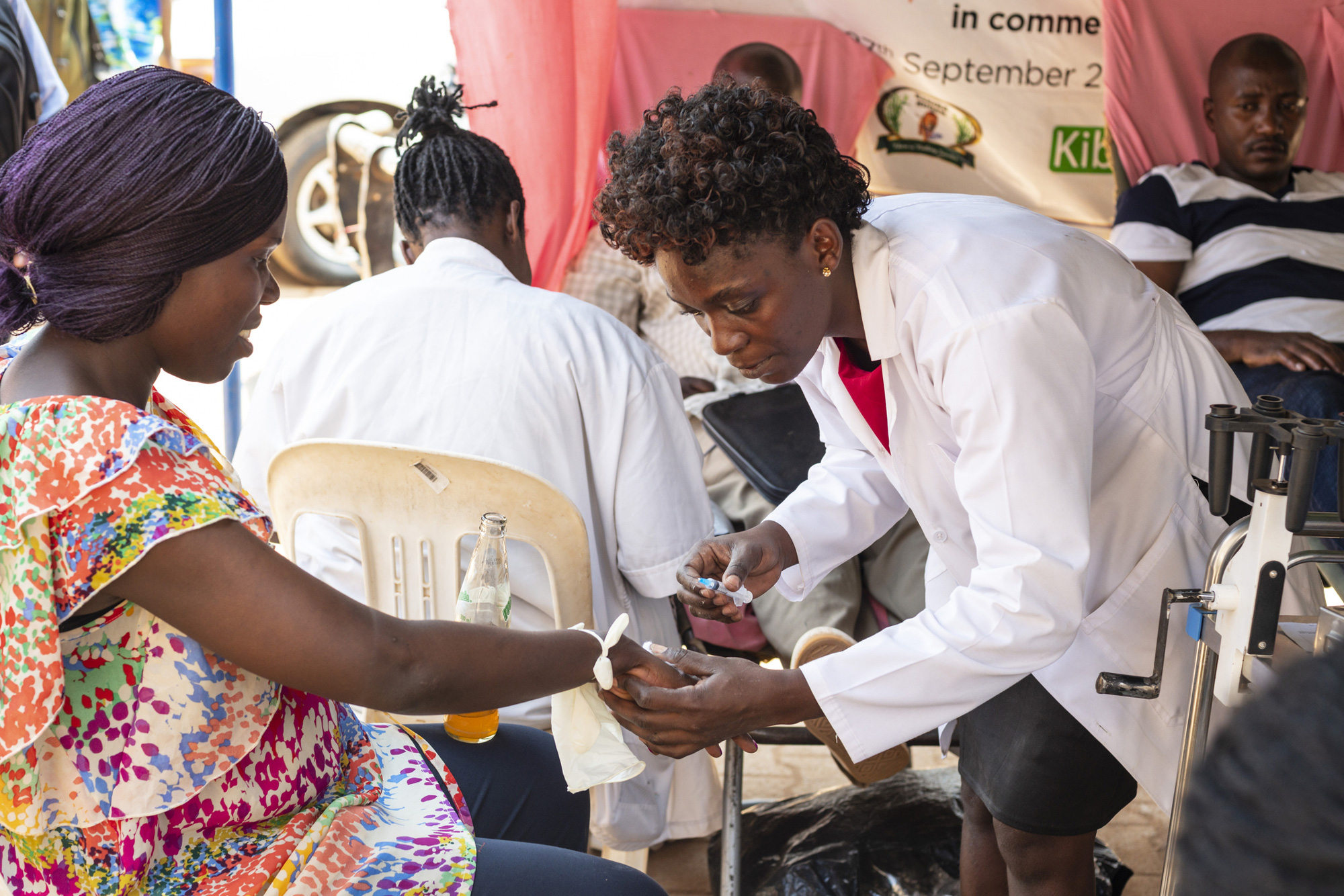Education
Effective Management of Aid Projects Cuts Violence in Africa

A recent study led by Jacob Moscona, an economist at the Massachusetts Institute of Technology (MIT), reveals that effective management of aid projects significantly reduces local violence in developing regions. The research, which focuses on World Bank initiatives in Africa, addresses a long-standing debate about the impact of international aid on conflict.
Historically, the relationship between aid and violence has been contentious. Some scholars argue that an influx of resources can fuel conflict, while others suggest it can foster peace. Moscona’s findings suggest that the quality of aid project management is crucial in determining the outcome. Well-managed World Bank programs can decrease the likelihood of conflict by as much as 12 percent compared to poorly managed counterparts.
Moscona asserts, “The management quality of these projects has a really strong effect on whether that project leads to conflict or not.” He emphasizes that successful aid projects can mitigate conflict, while ineffective management tends to exacerbate it. The implications are clear: how aid programs are structured and executed is vital to their success.
Examining the Evidence
To arrive at his conclusions, Moscona analyzed World Bank data spanning from 1997 to 2014, using comprehensive information provided by AidData, a nonprofit organization specializing in aid project analysis. The World Bank’s rigorous evaluations of its projects, which include detailed assessments of project leaders, allowed Moscona to assess how management practices influence local outcomes.
His research highlights the importance of decision-making on the ground. For instance, effective oversight of food distribution programs can greatly reduce theft and diversion of resources. Innovative techniques, such as tagging devices to ensure proper usage, further demonstrate how management quality can directly impact project effectiveness.
By combining World Bank data with statistics from the Armed Conflict Location and Event Data Project (ACLED), Moscona was able to identify direct correlations between project leadership and incidents of local conflict. Notably, shifting from a project leader at the 25th percentile to one at the 75th percentile can increase the likelihood of local conflict by 15 percent.
Other findings indicate that the establishment of aid programs does not typically provoke long-term strategic actions by armed groups, such as land grabs or the setting up of rebel bases. The potential for conflict rises particularly in areas with a history of political violence or when resources such as food and medical supplies are at risk of expropriation.
Reconciling Previous Research
Moscona’s study also sheds light on the timing of violence related to aid programs. Rather than inciting conflict during the setup phase of these initiatives, violence tends to increase once tangible resources begin to flow. “You really see the conflict start when the money is coming in or when the resources start to flow,” he states, reinforcing the notion that misappropriation of aid resources is a central factor in conflict dynamics.
This nuanced understanding helps reconcile conflicting scholarly perspectives on aid and violence. Moscona suggests that previous studies may have reached divergent conclusions due to variations in project management quality. “If aid programs are not equally well administered, it stands to reason that their outcomes will not be identical,” he explains.
The implications of Moscona’s findings extend to the broader discourse on the efficacy of aid. By highlighting the critical role of management, he advocates for a shift in how discussions about aid are framed. “One goal is to change the conversation about aid,” he notes, suggesting that a focus on effective management can encourage a more positive outlook on the potential benefits of international assistance.
The full study, titled “The Management of Aid and Conflict in Africa,” is published in the November 2023 issue of the American Economic Journal: Economic Policy, reflecting rigorous academic inquiry into the intersection of aid and conflict. Moscona’s work may provide actionable insights for institutions like the World Bank, emphasizing that improved management practices could enhance the effectiveness of aid programs and reduce the risk of violence in vulnerable regions.
-

 Technology5 months ago
Technology5 months agoDiscover the Top 10 Calorie Counting Apps of 2025
-

 Technology2 weeks ago
Technology2 weeks agoOpenAI to Implement Age Verification for ChatGPT by December 2025
-

 Health3 months ago
Health3 months agoBella Hadid Shares Health Update After Treatment for Lyme Disease
-

 Health3 months ago
Health3 months agoAnalysts Project Stronger Growth for Apple’s iPhone 17 Lineup
-

 Health3 months ago
Health3 months agoErin Bates Shares Recovery Update Following Sepsis Complications
-

 Technology5 months ago
Technology5 months agoDiscover How to Reverse Image Search Using ChatGPT Effortlessly
-

 Technology3 months ago
Technology3 months agoElectric Moto Influencer Surronster Arrested in Tijuana
-

 Technology2 months ago
Technology2 months agoDiscover 2025’s Top GPUs for Exceptional 4K Gaming Performance
-

 Technology5 months ago
Technology5 months agoMeta Initiates $60B AI Data Center Expansion, Starting in Ohio
-

 Technology5 months ago
Technology5 months agoRecovering a Suspended TikTok Account: A Step-by-Step Guide
-

 Health5 months ago
Health5 months agoTested: Rab Firewall Mountain Jacket Survives Harsh Conditions
-

 Lifestyle5 months ago
Lifestyle5 months agoBelton Family Reunites After Daughter Survives Hill Country Floods





















